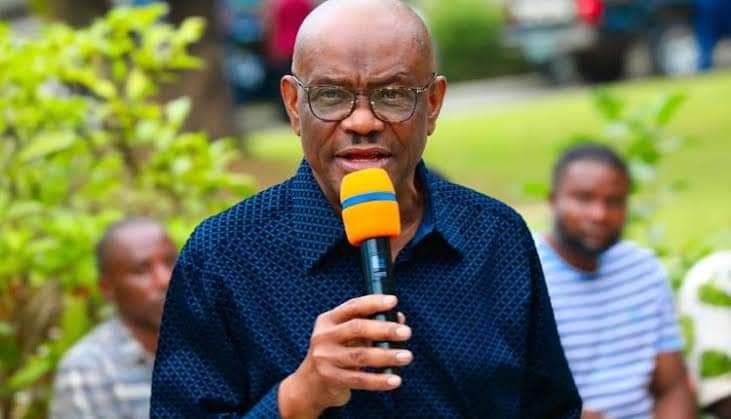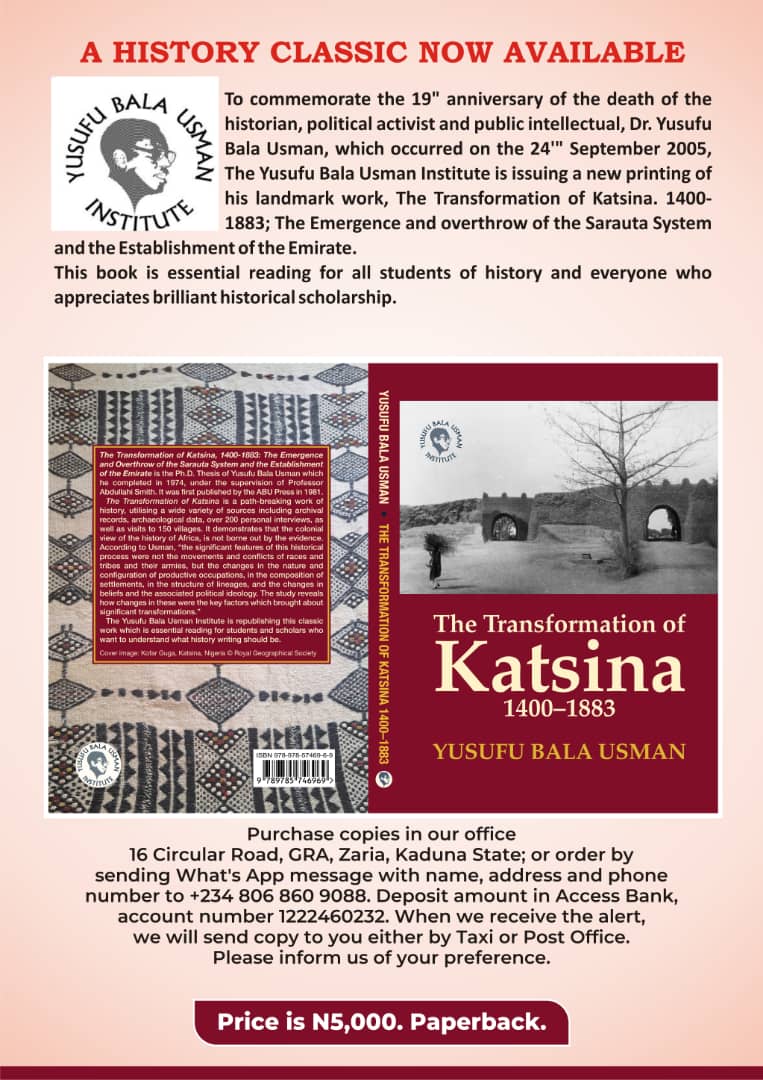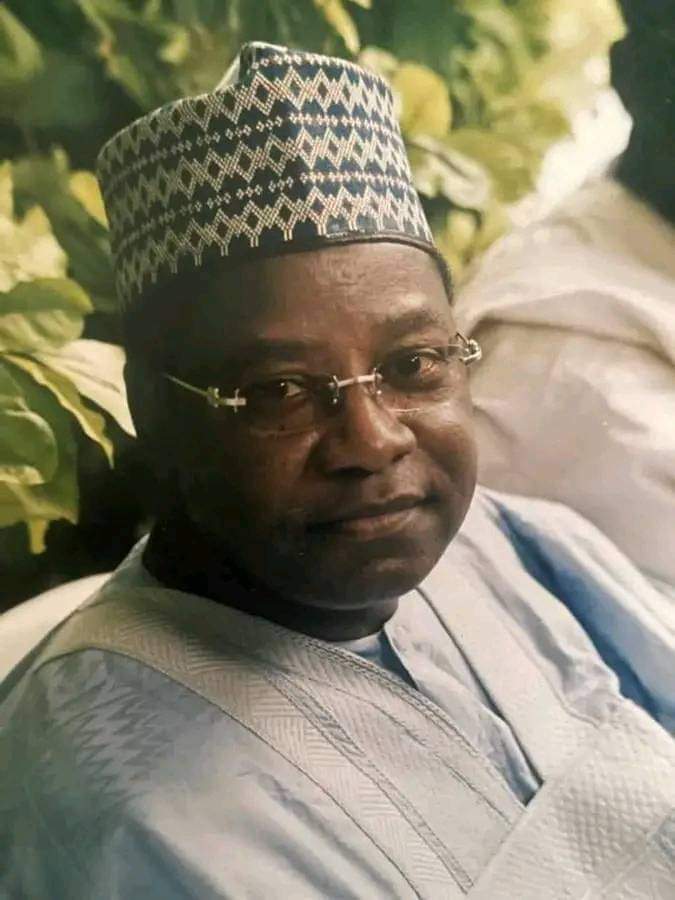Court Action Seeks Justice for Abuja’s Vulnerable Citizens

- Katsina City News
- 20 Nov, 2024
- 54
Zaharaddeen Ishaq Abubakar (Katsina Times)
In a bold move to address alleged violations of fundamental human rights, Abuja-based lawyer Abba Hikima has filed a suit at the Federal High Court, Abuja, against key government officials and agencies. The case seeks redress for what is described as inhumane treatment of vulnerable Nigerians, including homeless individuals, scavengers, petty traders, and beggars within the Federal Capital Territory (FCT).
The suit, which references Sections 34, 35, 41, and 42 of the Nigerian Constitution (as amended), names the following as respondents:
Nyesom Wike, Minister of the Federal Capital Territory, Inspector-General of Police, Director-General, Department of State Services (DSS), Nigeria Security and Civil Defence Corps (NSCDC), Attorney General of the Federation and Federal Government of Nigeria
Hikima contends that directives issued by the FCT Minister have led to arbitrary arrests, harassment, and extortion of economically disadvantaged citizens. The suit claims that these actions constitute a violation of their fundamental rights to dignity, freedom of movement, and protection against discrimination as enshrined in the Nigerian Constitution.
The applicant outlined several specific grievances, including:
- Arbitrary detention without formal charges.
- Extortion of bribes from vulnerable individuals.
- Verbal harassment and physical threats against citizens engaging in lawful activities.
The motion seeks the court’s intervention to:
1. Declare the actions of the respondents as unconstitutional and a violation of the fundamental rights of affected citizens.
2. Compel the immediate release of all individuals detained under the directives of the FCT Minister.
3. Mandate the refund of all extorted funds to the victims.
4. Award general and exemplary damages amounting to ₦500 million for the harm caused.
5. Order a public apology from the respondents to the affected citizens and the Nigerian public.
6. Implement policy reforms to protect the rights of vulnerable Nigerians, including public education on fundamental human rights.
This landmark case raises critical questions about the treatment of vulnerable populations in Nigeria’s capital. It underscores the need for a balance between maintaining public order and safeguarding the rights and dignity of all citizens, irrespective of their economic status or living conditions.
The court is expected to hear the matter in due course, with widespread implications for governance and human rights in the FCT.





